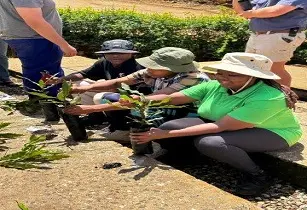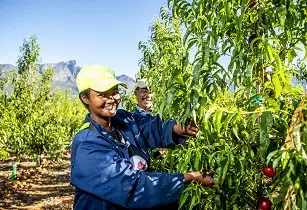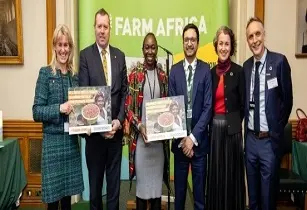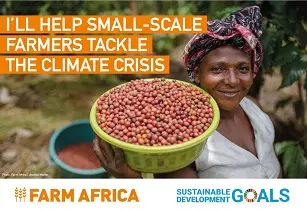As part of the SA Harvest entrepreneurial incubator initiative supported by Naspers Labs, 10 previously unemployed post-graduate students took part in a week-long training programme focused on providing them with a National Certificate in Plant Production, a crucial step toward agricultural management and entrepreneurship
Crops
South Africa promotes stone fruit to boost nectarine production
South African growers are increasing plantings of nectarines on the back of rising demand and better financial returns at grower level
Supporting smallholder farmers in the fight against climate change
International NGO, Farm Africa joins forces with the National Farmers’ Union (NFU) to hold a parliamentary reception on 16 January, focusing on the importance of sustainable agriculture
Boosting date farming in Eritrea
Through numerous initiatives, the Ministry of Agriculture has announced intensified efforts to expand date farming in Eritrea
Farm Africa supports small scale farmers to tackle climate crisis
International NGO Farm Africa has joined forces with the National Farmers’ Union (NFU) to hold a parliamentary reception on 16 January focusing on the importance of sustainable agriculture









